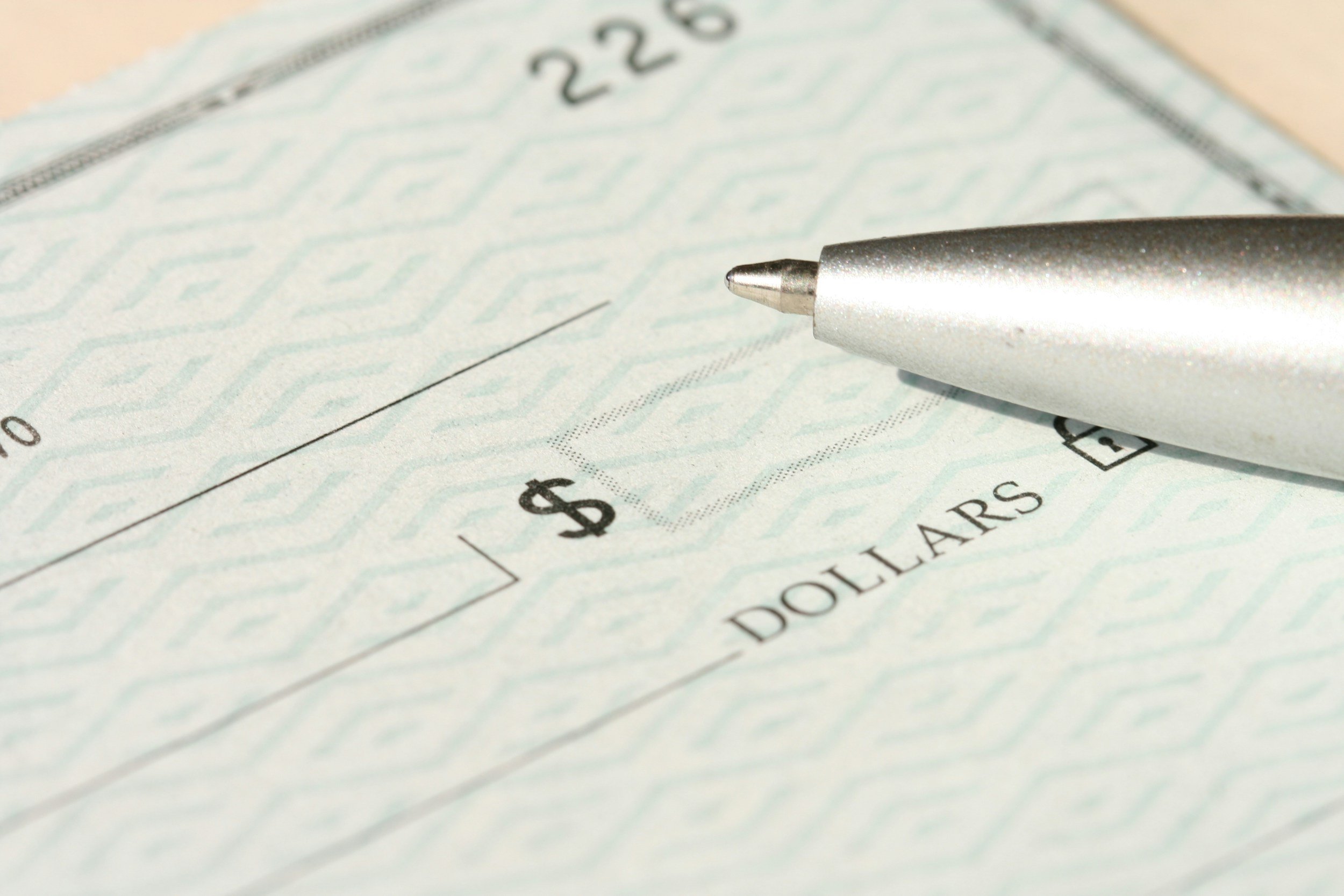
California Paycheck Violations
California Paycheck Violations
California has strict laws regarding paydays and paychecks. The California labor laws specify:
–when you must be paid;
–what information your employer must provide with your paycheck;
–when you must receive your final paycheck; and
–what your final paycheck must include.
California Payday Laws
Typically, employees performing work in California must be paid at least twice per month. Compensation earned between the 1st and 15th of the month must be paid by the 26th of the month. Compensation earned between the 16th of the month, and the end of the month must be paid by the 10th of the next month.
Here is an example:
Chewy works for Han. Chewy worked on January 14. That means Han would have to pay Chewy for his work on January 14th, no later than January 26th. Chewy also worked for Han on January 22. That means that Han would have to pay Chewy no later than February 10th, for Chewy’s work on January 22.
If the company pays weekly, bi-weekly, or twice per month according to a different schedule, it must pay employees for work within 7 days after the end of the pay period. So, say an employer pays employees every two weeks, that is okay provided the employer pays the employees within a week after each two-week period.
Here is an example:
Chewy works for Han. Han pays Chewy every two weeks. If Chewy works from January 1, to January 14, Han must pay Chewy for all that time by January 21.
Employers must designate paydays. So, an employer cannot just show up with cash and pay employees whenever they feel like it. They must notify employees of the time, date, and place the employees will be paid.
There are a few exceptions. One is for employees of farm labor contractors. Employees of farm labor contractors must be paid weekly. Another is for security guards. Security guards must be paid weekly. Also, “exempt employees” may be paid once per month if:
–they are paid by the 26th of the month;
–their paychecks include their entire salary; and
–they are not misclassified and legitimately fall under the executive, administrative, or professional exemptions to California’s Wage Orders.
California Paystub Laws
Employers must provide California employees with an accurate, itemized written statement, with every paycheck or direct deposit. This statement can be a detachable paystub, or a separate document. The statement must include:
1. The total gross wages earned during the pay period;
2. The total hours worked during the pay period;
3. The number of units and rate for any piecework performed;
4. All deductions from the pay;
5. The net pay;
6. The dates included in the pay period;
7. The employee’s name, and last four digits of the employee’s social security number;
8. The employer’s full name and address; and
9. All hourly rates in effect during the pay period and the number of hours the employee worked at each rate.
Requesting Payroll Records in California
California employees may request a copy of the payroll records their employer maintains on their behalf. While the employer may charge for the reasonable costs for copying, most employers do not charge. If an employer fails to provide an employee with access to their payroll records, within 21 days of the request, then the employer may owe the employee a $750 penalty. Employees can also request their personnel records, and any instrument they signed relating to their employment.
Final Paychecks Rules in California
Up above I said that final paychecks had their own rules. Well, here is the moment you have been waiting for. If an employee is fired, laid off, or otherwise involuntarily separated from their job, that employee is entitled to their paycheck…immediately. An employer cannot wait until payroll does their thing. An employer cannot wait until the next regularly scheduled payday. The employer must provide the employee their paycheck immediately. The final paycheck must include all of the employee’s wages, including any commissions, meal or rest period premiums and even accrued, unused vacation time, or PTO. It does not have to include sick days unless the sick days are part of a PTO policy.
Here is an example:
Chewy works for Han. Han fired Chewy on March 15. But Han’s next regular payroll was March 17th. He asked Chewy to wait. Chewy agreed. Chewy is still entitled to his final paycheck immediately!
If a California employee quits his or her job, and gives the employer less than 72 hours’ notice, the employer must provide the employee with his or her final paycheck, including all his or her wages, within 72 hours.
Here’s an example:
Chewy works for Han. Chewy tells Han on March 12 at 5:00 PM, that March 14 will be his last day. Han has until March 15 at 5:00 PM to get Chewy his final paycheck.
If the employee gives the employer more than 72 hours’ notice before quitting, then the employer must provide the employee his or her final paycheck on his or her last day of work.
Here’s an example:
Chewy still works for Han. Chewy tells Han on March 12 that March 14 will be his last day. On March 12, Han and Chewy meet and Han convinces Chewy to stick around to March 21. Now, Han has to get Chewy his final paycheck on March 21.
California law allows a California employee to collect a “waiting time penalty” of his or her daily wage for every day he or she has to wait, up to 30 days. So, say Chewy typically makes $15 per hour, and he typically works 8 hours in a day. Now say Han forgets to pay Chewy for 45 days, Chewy is entitled to a waiting time penalty of $3,600, or 30 days’ worth of wages.
When it comes to paying employees, California doesn’t mess around.
